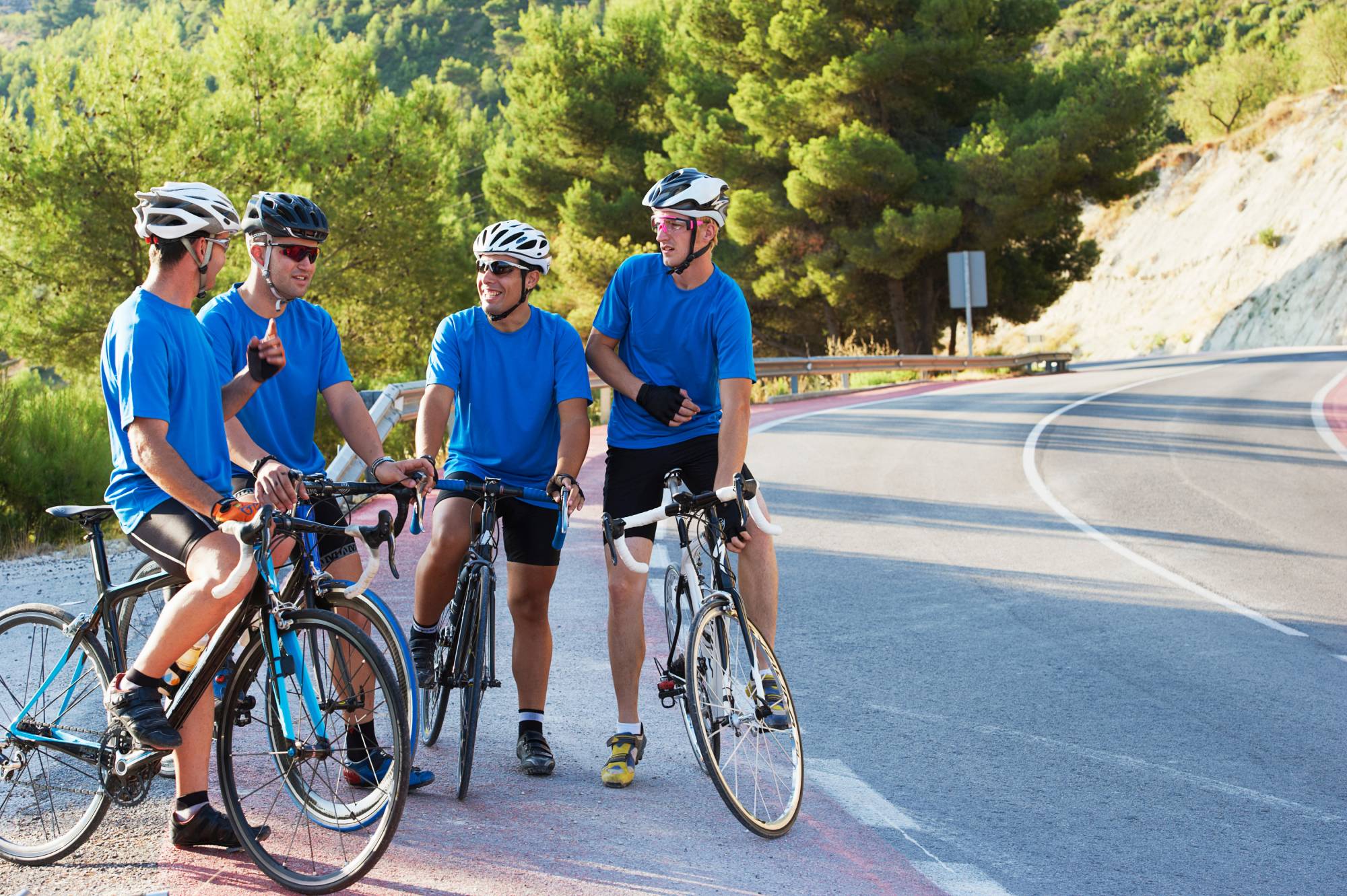Exercising and participating in social or team sports is good for your health in more ways than you might think, particularly if you work in a leadership position.
It is already well established that regular exercise can benefit physical health significantly. Many of us are also aware of the flow on effects that exercise has to improved mental health, sleep, and resilience. But the social aspects of team sports bring a bit more to the table.
What Makes Team Sports Different?
By nature, team sports create informal social situations that are additional to the usual exercise that comes with sport. Participating in team sport is usually done in clubs, or cooperative groups working towards a common goal. This environment facilitates dialogue, social engagement, and banter among peers and associates before, during, and after the event of whatever sport is happening. In contrast, individual sports might be done alone without talking to another person at all. Yes, the benefit of exercise is still there, but there is very limited opportunity to socialise and create connections.
Why Should Leaders Consider Team Sports?
We have previously talked about the isolation issues that executives and people in leadership positions can face. Unfortunately, recent shifts in working conditions prompted by COVID-19 have increased isolation, amplifying some of its negative effects on people and workplace culture. These conditions have highlighted why it is important to have peer networks and connections.
Peer network building should span much further than work or the office. Team sports are a brilliant way to build peer networks and socialise. Engaging in the right team sport can give isolated people instant access to advice, support, and a sense of camaraderie outside of the office on top of the health benefits of regular exercise. In addition, team sports can also support leadership development by introducing challenges that are physical or emotional.

The Benefits of Team Sports for Leaders
Below are six ways that team sports can help leaders to improve their social connections and further their leadership development.
- Cultivating connections
Let’s start with the obvious one. As we said earlier, team sports create an informal environment that encourages and facilitates dialogue, engagement, and even banter. This allows leaders to make connections and grow their peer network, ultimately reducing isolation and giving them people to confide in and joke around with.
- Anonymity
This might sound anti-social, but it is in-fact quite the opposite. Team sports frees leaders from the tangles of work responsibilities and their job title. Peers in team sports are more worried about whether or not you turn up, what attitude you bring with you, and if you are a team player.
- Healthy competition
Team sports offer a constructive environment where people can introduce competition in a healthy and motivational way. Whether it’s against themselves, the clock, or their team mates, competition can drive leaders to improve fitness, motivate consistent attendance, and prompt interaction with others.
- Practising empathy
Empathy among leaders is extremely important, and even plays a role in embedding a culture of caring across entire workplaces. Team sports introduce shared hardship usually around physical exercise, prompting people to reflect and deliberate afterwards. An example of this is when we see coffee shops full of gossiping sporting types goofing off.
- Meditative and endorphin release
Once you reach a certain level of sporting focus and capability, the endorphins kick in, the brain empties out, and we become relaxed. These benefits are amplified when you are socializing with people which ultimately compliments memory and mental clarity.
- Role-modelling healthy behaviours
Leaders need to practice what they preach if they want to instill their values into a company and its employees. With all of the known benefits of exercising, plus the ones we have discussed above, it would make sense for a leader to want their team to be participating in team sports too.

Ford Health and Team Sports
We believe it’s important that people understand their current health status before they begin exercising rigorously. Our medical teams pay close attention to identify those who might be suffering from lack of connection or poor fitness. We work with individuals to map out a plan to improve fitness and peer networks by matching them to a sport that suits their needs both physically and mentally.
If you think that you or your colleagues could benefit from guidance with exercise and connections, get into contact with our friendly team.
To hear more about health and wellbeing in the workplace, follow us on LinkedIn!





